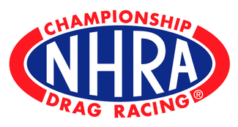The Influence Of Brand Preference On Brand Image Transfer: A Research On Brand Event Congruity In Sponsorships
ABSTRACT
Despite the growing attention for sponsorships, few studies have focussed on brand image issues. This article reports findings of an experimental research in which participants assessed the degree to which an event’s image associations were transferred to a brand through event sponsorships.
Results indicated that congruent sponsorships enhance image transfer, as opposed to incongruent sponsorships. This interaction effect was moderated by brand preferences. Participants with weak brand preferences ranked highest on brand image transfer in the incongruent condition, whereas participants with strong brand preferences were more likely to engage in image transfer when they were exposed to congruent brand – event sponsorship. The latter group ranked lowest on brand image transfer in the incongruent condition. The research utilizes a 2 x 2 factorial design where two variations of brand –









